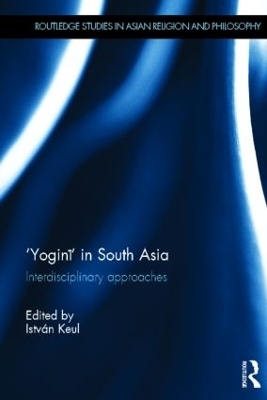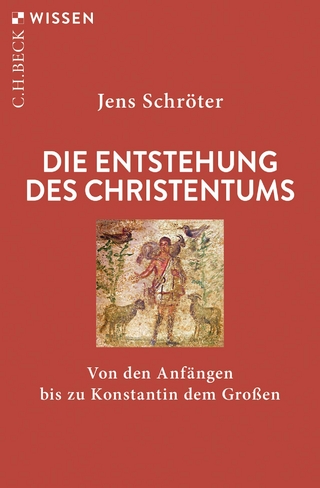
'Yogini' in South Asia
Routledge (Verlag)
978-0-415-62522-7 (ISBN)
The book discusses the medieval yoginī cult, as illustrated in early Śaiva tantric texts, and their representations in South Asian temple iconography. It looks at the roles and hypostases of yoginīs in contemporary religious traditions, as well as the transformations of yoginī-related ritual practices. In addition, this book systematizes the multiple meanings, and proposes definitions of the concept and models for integrating the semantic fields of ‘yoginī.’
Highlighting the importance of research from complementary disciplines for the exploration of complex themes in South Asian studies, this book is of interest to scholars of South Asian Studies and Religious Studies.
István Keul is Professor in the Study of Religions at the Norwegian University of Science and Technology, Norway. His main field of interest is South Asian religion, and he has previously published on the Hindu deity Hanuman.
1. Introduction: Tracing Yoginīs: Religious Polysemy in Cultural Contexts Part 1: ‘Yoginī’: Definitions and categories 2. What is a Yoginī? Towards a Polythetic Definition 3. The Category of the Yoginī as a Gendered Practitioner Part 2: History, cosmography, hagiography 4. The Abode of the Pañcamudrās: A Yoginī temple in Early Medieval Vārānasī 5. The Presence of Yoginīs in Madhya Pradesh: An Epigraphic Study 6. Cosmographic Buildings of India: The Circles of the Yoginīs 7. Relationships and Visions: The Yoginī as Deity and Human Female in Tantric Buddhism Part 3: Art history 8. Yoginīs in Stone: Auspicious and Inauspicious Power 9. The Goddess Hinghalāja of the Yoginī Shrine at Khajuraho 10. The Yoginīs of the Bayon Part 4: Ethnography 11. Yoginīs in Bengali Religious Traditions: Tribal, Tantric and Bhakti Influences 12. Alternative Yoginīs with Alternative Powers: Singing the Blues in the Causattī Yoginī Devī Mandir of Vārānasī 13. Invoking the Erotic Mother: The Outcaste Priestess and the Heroic Men Part 5: Possession, sexuality, dance 14. Yoginī Possession in Early Śaiva Tantras 15. Can Encounters with Yoginīs in the Jayadrathayāmala Be Described as Possession? 16. The Yoginī and the Tantric Sex Rite, or How to Keep a Secret 17. Performing Hirapur: Dancing the Śakti Rūpa Yoginī
| Erscheint lt. Verlag | 5.7.2013 |
|---|---|
| Reihe/Serie | Routledge Studies in Asian Religion and Philosophy |
| Zusatzinfo | 7 Line drawings, black and white; 13 Halftones, black and white; 20 Illustrations, black and white |
| Verlagsort | London |
| Sprache | englisch |
| Maße | 156 x 234 mm |
| Gewicht | 630 g |
| Themenwelt | Geisteswissenschaften ► Geschichte ► Regional- / Ländergeschichte |
| Geschichte ► Teilgebiete der Geschichte ► Religionsgeschichte | |
| Geisteswissenschaften ► Religion / Theologie ► Weitere Religionen | |
| Sozialwissenschaften ► Soziologie ► Gender Studies | |
| Sozialwissenschaften ► Soziologie ► Spezielle Soziologien | |
| ISBN-10 | 0-415-62522-X / 041562522X |
| ISBN-13 | 978-0-415-62522-7 / 9780415625227 |
| Zustand | Neuware |
| Haben Sie eine Frage zum Produkt? |
aus dem Bereich


